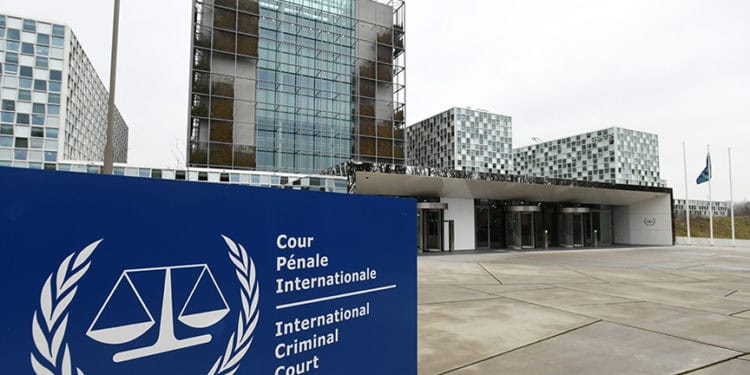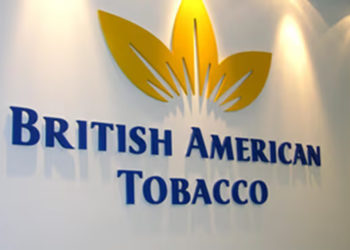The chief prosecutor of the International Criminal Court announced on Monday that he has sought arrest warrants for Israeli Prime Minister Benjamin Netanyahu, Defense Minister Yoav Gallant, and three Hamas leaders on charges of alleged war crimes and crimes against humanity related to the Israeli-Palestinian conflict.
Karim Khan, the ICC prosecutor, accused Netanyahu and Gallant of bearing “criminal responsibility” for intentionally depriving Gaza’s 2m residents of food, water and other essentials as a “method of warfare” amid escalating hostilities since last October.
He said there were “reasonable grounds” to believe the two Israeli leaders were responsible for war crimes including wilful killing, intentionally attacking civilians, persecution, and “other inhumane acts”.
Khan also sought warrants for the Hamas political leader Ismail Haniyeh, the group’s military chief Mohammed Deif, and Yahya Sinwar, its head in Gaza, over alleged crimes including extermination, murder, hostage-taking, torture and outrages upon personal dignity.
“Nothing can justify wilfully depriving human beings, including so many women and children, the basic necessities required for life. Nothing can justify the taking of hostages or the targeting of civilians,” Khan said.
While noting Israel’s right to self-defence, he insisted “the means Israel chose to achieve [its military goals] in Gaza – namely, intentionally causing death, starvation, great suffering, and serious injury to body or health of the civilian population – are criminal”.
Khan said famine was “present in some areas of Gaza and is imminent in other areas” as a result of Israeli restrictions on supplies that amount to “an entirely manmade disaster”.
The Palestinian militant group Hamas seized control of Gaza in 2007 after a brief civil war with the rival Fatah movement. Israel has maintained a land, air and sea blockade of the coastal strip, which is home to 2.3m people, citing security concerns over Hamas’s hostility.
Tensions escalated sharply last October when Hamas seized more than 200 Israeli civilians as hostages. Israel retaliated by sealing Gaza’s borders, cutting off water supplies and restricting food and medical imports.
António Guterres, the UN secretary-general, warned in March that 1.1m Gazans were “facing catastrophic hunger” in what he called “the highest number of people ever recorded – anywhere, anytime”.
Khan insisted the ICC was “acting pursuant to its mandate” which includes jurisdiction over the Palestinian territories recognised by the Pre-Trial Chamber in 2021.
He said his office had worked “painstakingly to separate claims from facts” and convened an independent expert panel including former judges and legal advisers to validate the evidence.
Arrest warrants, if issued, will be sent to all 123 member states of the ICC treaty asking them to detain the accused individuals for transfer to The Hague. But this could be complicated by the fact that neither Israel nor the Palestinian territories are ICC members.
“International law and the laws of armed conflict apply to all…no foot soldier, no commander, no civilian leader – no one – can act with impunity,” Khan said.
The prosecutor called on witnesses to submit any evidence of further crimes, and warned he would seek more warrants if allegations such as sexual violence during the October attacks were substantiated.
He acknowledged further challenges in pursuing accountability, saying: “Complementarity requires a deferral to national authorities only when they engage in independent and impartial judicial processes.”
Khan insisted, however: “If we do not demonstrate our willingness to apply the law equally, if it is seen as being applied selectively, we will be creating the conditions for its collapse.”


















